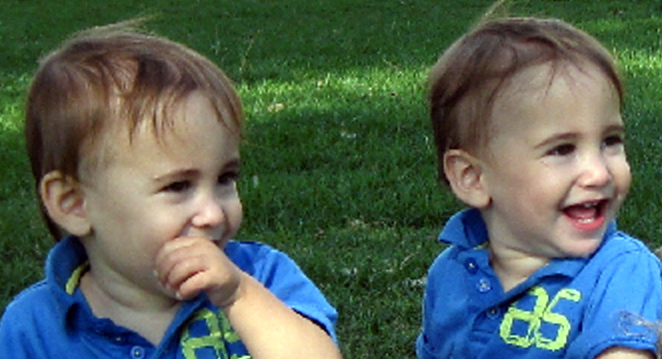Police Chief Magazine [...] Offender Interview Is Essential
When
investigating a case involving a suspected child molester, the stakes
are high and a full confession is critical. But the ability to interview
and relate to this type of offender is something that doesn't come
naturally for most police officers. Many officers find the subject
matter, as well as the offender, repulsive. They cannot have an amiable
conversation with a person who they believe has molested a child. They
are not able to mask their feelings, and they allow contempt, disgust,
and hatred to surface during the interview, greatly reducing the
likelihood that the offender will open up and share his deepest secrets.
Deep
down, most child molesters want to talk. Some are sexually attracted to
children and have known it for many years. They may be married, have a
family, have a successful business or career, and be active in their
religious institution, yet they have a secret that they have never
shared with anyone. Most of them have struggled with their desires. They
wish that they could change, but they are not able to do it by
themselves. They all know that child molesters are hated and despised by
society and they believe that no one could really understand their
situation. Many know they need help but don't have the courage to seek
it.
Although many molesters would really like to talk to someone,
they also know there are many reasons to not talk about their feelings
and actions. They believe they have everything to lose if they confess.
They risk losing their marriage, their children, their home, their
friends, their job, and their freedom. They fear embarrassment and
humiliation. They are afraid of how the interviewer is going to react to
them if and when they make that first admission of guilt. And child
molesters fear going to prison. They have heard and read stories about
what happens to child molesters in prison.
When interviewing a
child molester, an investigator faces two competing forces: the
molesters' deep desire to talk and his fear of consequences. The
investigator must exploit the first force while helping the molester to
overcome the second. [...]
Understand the Thinking Process: One of the critical
keys to interviewing child molesters is understanding how they think.
There are several different types of child molester; and each child
molester has a particular way to meet his or her needs and justify his
or her behavior. Molesters use distorted thinking to rationalize and
justify their crimes, to make their own needs most important and to
minimize their behavior. Many offenders convince themselves that the
relationship they had with their victim was different; that it was a
mutual, loving, caring relationship; that the sexual acts were
consensual; or that the child somehow benefited from the relationship.
The more an investigator understands the way a sexual offender thinks,
the more prepared he will be to elicit a confession.
There is no
magic interviewing formula that works for all child molesters. An
investigator must understand the psychology of this type of offender and
then be able to apply that understanding to the interview process. An
investigator should understand the differences between a situational and
a preferential child molester, because there are different interviewing
approaches and themes for each type of offender. If an investigator is
going to interview a suspected pedophile, he really should understand
the term pedophilia-a sexual attraction to prepubescent children-and
should know exactly what that entails. He should understand sex offender
terminology that includes distorted thinking, thinking errors, sexual
addiction, and the addiction cycle.
By having a better
understanding of sexual deviance, an investigator will be better able to
recognize the importance of certain disclosures. For example, many
pedophiles were themselves victims of childhood sexual abuse. In this
research study, 78 percent of the pedophile offenders stated that they
were themselves victims. During the investigative interview, a suspect
might disclose his own history of childhood sexual abuse, trying to use
it as a defense for his behavior. For example, the suspect might say,
"It happened to me; therefore, I would never do that to someone else."
In fact, rather than signaling a flat denial, a revelation like that
should open the door for an investigator to explore how that sexual
abuse might have affected the suspect's own sexual development. Many
offenders will admit that their own victimization resulted in confusion
and sexual experimentation during their teenage years. This line of
questioning will sometimes help the offender to open up and admit to the
offense he has committed. [...]














